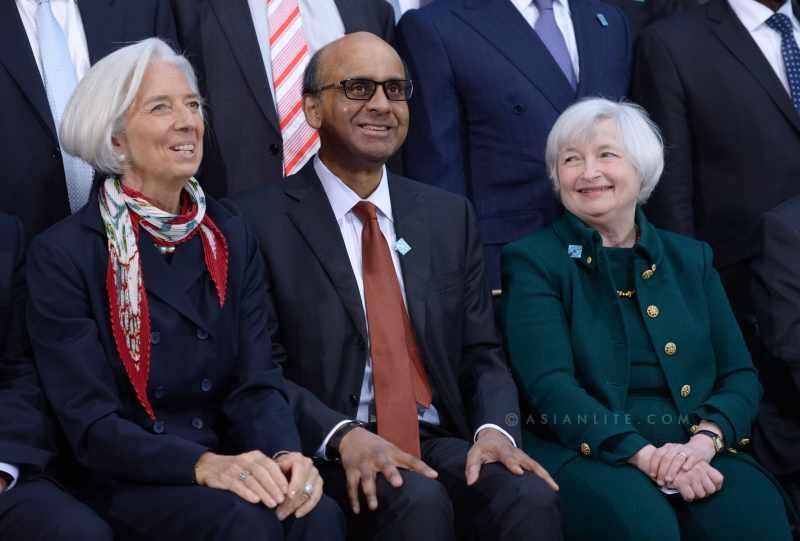Vatsal Srivastava in his weekly column Currency Corner says ECB has gone all out to fight Europe’s economic woes

It’s official – the zero-interest rate policy (ZIRP) era is here to stay. After the US Federal Reserve, Bank of England and the Bank of Japan, ECB president Mario Draghi made it clear that it too would undertake unconventional monetary policy measures. Further, the ECB also surprised the market by reducing all three of its main interest rates by 10 basis points. The benchmark rate was lowered to 0.05 percent, marginal lending facility to 0.3 percent and the deposit rate is now minus 0.2 percent. As expected, the EUR/USD broke the 1.3 quite convincingly and hit lows of around 1.2920 in the US session. The fact that the ECB has moved its deposit rate further into the negative zone is proof of the fact that they will remain ultra accommodative until a sustainable uptick in inflation expectations and economic activity is seen. The weaker euro should also provide support to the economic powerhouse Germany by aiding exports. Note that there has been a major downward revision in the EUR/USD forecasts across major banks. The consensus is now that by year end we will be around 1.25 for the EUR/USD and at 1.2 by 2015 end.
Plans to outline a purchase program for ABS and covered bonds worth as much as 500 billion euros ($656 billion) were discussed by the Governing Council, Reuters reported yesterday, citing unidentified people familiar with the discussions. The program would have a duration of three years and the ECB could start buying the assets this year, it said. In the coming weeks, we will get a clearer picture on this front. But for now this news is enough to keep the global equity rally on and a top is in place in the EUR/USD.
ECB will purchase a broad set of non-financial private sector assets, specifically “simple and transparent” Asset-Backed Securities (ABS) and covered bonds from October 2014. The details of this purchase programme will be announced at the next ECB meeting on 2 October, although Mr. Draghi said already that mortgage backed securities will be included. Mr. Draghi said that “the newly decided measures, together with the TLTROs will have “a sizeable impact” on the ECB balance sheet and achieve a further credit easing in the Eurozone. However, the ECB president acknowledged that it was difficult to assess, at this stage, how big the economic impact of the programme would be.
ECB has once again taken a “do everything that it takes” stance to stimulate the economy. The measures come at a time when they have revised their 2014 and 2015 GDP and inflation forecasts downwards. The point which must be kept in mind is that interest rates in Europe are now at the lower bound. As Draghi pointed out, there is no scope for further rate cuts. ECB buying will have substantial impact on Balance Sheet, Draghi pointed out. Thus, we should expect a large scale Asset Backed Securities (ABS) program.
The ECB monetary policy decision was a welcome step for the European economy. However, it just highlights how divergence in the policy paths of major central banks. Yesterday’s measures should further widen the perceived gap between US monetary policy, which is heading towards normalisation, and Eurozone monetary policy, which will likely have to be very accommodative for years to come